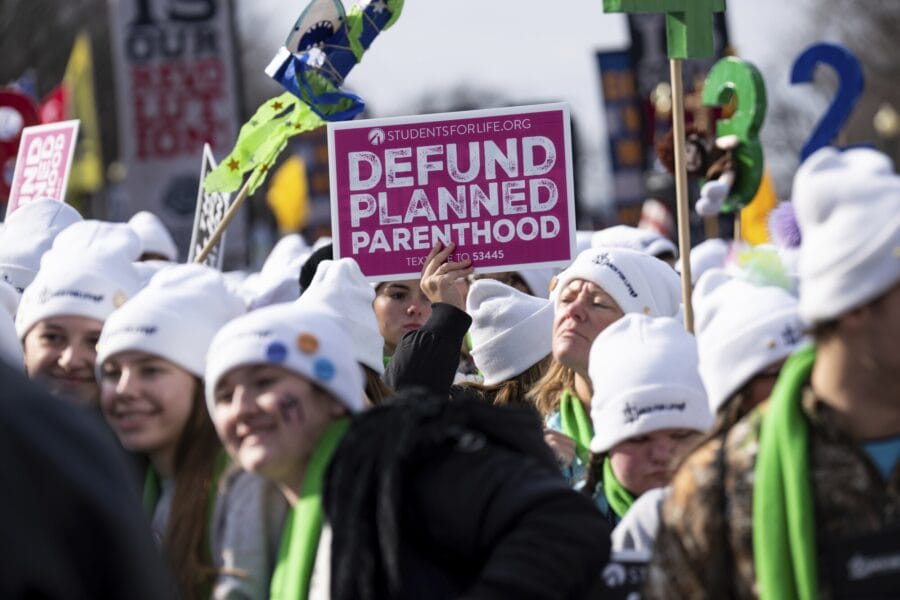Today the Fourth Circuit handed two victories to pregnancy care centers (PCCs) in Maryland, striking draconian ordinances aimed at coercing PCCs into leading women toward abortion.
These cases, Greater Baltimore Center for Pregnancy Concerns v. Mayor and City Council of Baltimore and Centro Tepeyac v. Montgomery County, were argued by AUL ally and advisor Mark Rienzi. AUL filed an amicus brief in the Baltimore case on behalf of Care Net, Heartbeat International, National Institute of Family and Life Advocates, and several PCCs located in the Baltimore area, demonstrating that PCCs abide by stringent standards and seek to provide the best care and counseling for women.
At issue were ordinances enacted in Baltimore and Montgomery County which required PCCs to post signs and make certain disclaimers regarding the services they offer. For example, the Baltimore ordinance required PCCs to post signs that they “d[o] not provide or make referral for abortion or birth control services.”
The Court ruled that such compelled speech required the PCCs to participate in Baltimore’s “effort to tell pregnant women that abortions are available elsewhere as a morally acceptable alternative, contrary to the moral and religious beliefs of the Pregnancy Center.”
Noting that PCCs seek to provide free information about pregnancy, abortion, and birth control as informed by a religious and political belief, the Court concluded that this is the “kind of ideologically driven speech [that] has routinely been afforded the highest levels of First Amendment protection….”
Directly addressing Baltimore’s false claim that PCCs engage in deceptive practices, the Court noted that the city had produced nothing but anecdote and supposition, and not real evidence—a point made by AUL in its amicus brief in the case.
The Court also distinguished its decision from that in Planned Parenthood v. Casey, where the Supreme Court upheld informed consent regulation in the abortion context. The Court noted that Casey involved the regulation of the medical profession and the facilitation of obtaining a woman’s informed consent. Here, however, the state was attempting to inappropriately regulate an entity that is not subject to regulation in the larger medical context.
The Court’s decisions today mark continued support for the work of PCCs, which have come under attack in recent years by abortion advocates who smear the good work of PCCs in an attempt to drive women from these caring sources of pregnancy consultation and assistance. While ordinances have been enacted in a handful of locations, all have been challenged and to date not one has been upheld.
AUL’s brief is available here.



